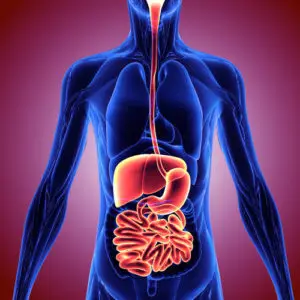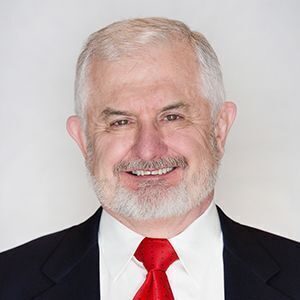Inflammatory bowel disease (IBD) isn’t exactly a topic that many people talk about. In fact, anything related to the bowels is pretty taboo in most conversations. Even though IBD doesn’t usually come up in everyday conversation, 1.6 million Americans experience the painful symptoms of IBD every day. Dr. Johnson treats patients with ulcerative colitis and Crohn’s disease, the two most prevalent forms of IBD with stem cell therapy at Innovations Stem Cell Center.
What is Crohn’s Disease?
Crohn’s Disease is an autoimmune disease that causes the chronic inflammation of the digestive tract. Crohn’s can affect the bowels, stomach, rectum, and even the mouth and esophagus. Symptoms of the disease include painful abdominal cramping, bloody stools, pain in the rectum, bloating, nausea and vomiting, excessive gas and diarrhea. Some patients with Crohn’s can even experience painful and dangerous bowel obstructions.
Crohn’s can also cause joint pain and fatigue. Many Crohn’s can also cause fever, fatigue, and joint pain.
The painful and uncomfortable symptoms of Crohn’s can cause patients to miss school and work, and often miss out on their favorite activities or relationships.
What is Ulcerative Colitis?
Like Crohn’s disease, ulcerative colitis, or UC, is an autoimmune disease. Unlike Crohn’s, ulcerative colitis affects only the colon or large intestine part of the bowels. UC patients can also experience joint pains, fever, and fatigue like Crohn’s patients can. The immune system of patients with UC mistakes the tissue and bacteria that make up the intestine for a foreign invader and attacks the intestine. This attack causes inflammation of the large intestine and the development of small ulcers. These ulcers are extremely painful for UC sufferers. Symptoms of the condition include increased frequency of bowel movements, loose stools and diarrhea, bloody stool, and abdominal pain and cramping. Consequences of the condition include unintended weight loss, fatigue, and loss of appetite.
UC sufferers can experience the condition chronically, but some patients have symptoms intermittently. Some UC sufferers can go months or longer without a flare up. Since UC can be unpredictable, patients with UC often avoid social situations and relationships for fear their symptoms may flare up at the wrong time.
Conventional Treatments for Crohn’s and Ulcerative Colitis Give Temporary Relief.
Crohn’s disease and ulcerative colitis cannot be cured. Medications such as steroids, immunosuppressants, antibiotics, and anti-inflammatory are often used to slow the progression of these conditions, but may not always work or only work for a limited time.
Crohn’s patients may require bowel resection surgery to remove damaged portions of the intestine, and UC patients face the surgical removal of the colon or ileum, that can leave them with a colostomy or ileostomy bag. These surgeries can give sufferers some reprieve, but these diseases can persist due to their autoimmune nature.
Treating Inflammatory Bowel Disease with Stem Cell Therapy
This is where stem cell therapy at Innovations Stem Cell Center can change the lives of Crohn’s and UC patients. Stem cells have the inherent ability not only to repair damaged tissue and reduce inflammation, but they are also immune modulators. This means they can help reset the malfunction immune system to prevent future attacks on the digestive tract. This reduces the painful and life-limiting symptoms patients experience. Stem cells are collected from the patient’s adipose fat tissue and deployed via an IV. Many patients experience relief from symptoms quickly, and over time see further improvements.
Do you suffer from ulcerative colitis or Crohn’s disease? Schedule a consultation to talk about how stem cell therapy can help you by calling (214) 643-8665 today.


